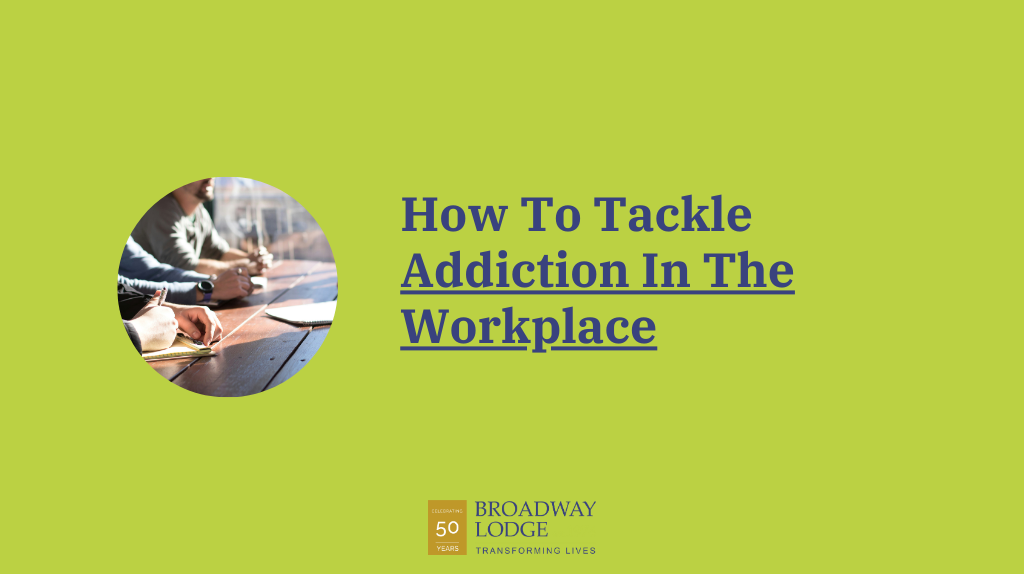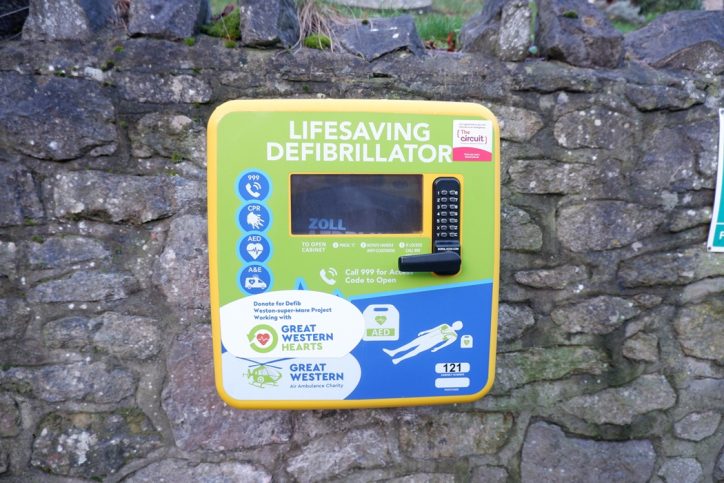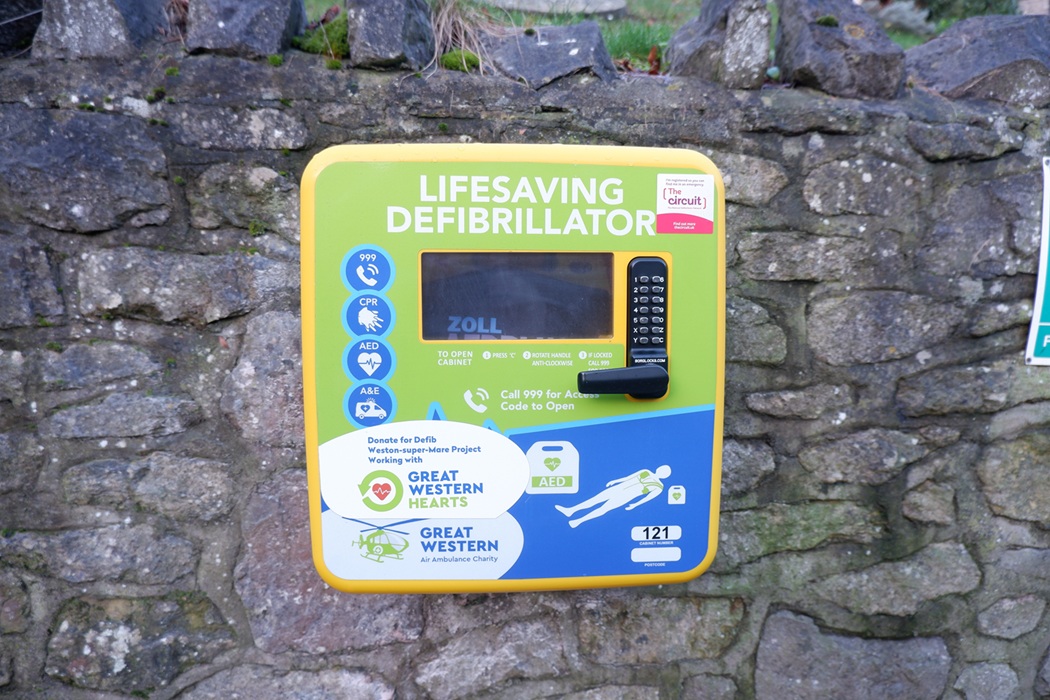Foster a supportive workplace with clear policies and professional resources.
Promote staff wellbeing with mental health workshops and Employee Assistance Programmes.
Addiction can affect anyone, and its impact extends far beyond an individual’s personal life. For UK employers, understanding how to recognise the signs of addiction in the workplace, make changes and offer compassionate support to employees can make a significant difference—not just for staff wellbeing but also for a healthier, more productive work environment.
The facts illustrate the potential problems:
- 1 in 5 working people have difficulty with alcohol or drugs.
- People in managerial and professional positions drink more often than those in routine and manual occupations.
- Alcohol use in the workplace can increase the risk of problems such as absenteeism, presenteeism and inappropriate behaviour.
Here’s how employers can identify the signs of addiction, provide effective support and access valuable resources to help manage this sensitive issue.
The signs of addiction at work
Addiction, whether to substances or behaviours such as gambling, often doesn’t present in obvious ways. However, there are tell-tale behavioural and performance-related signs to look out for:
Changes in behaviour
- Increased absenteeism or late arrivals without clear explanation.
- Lethargy, irritability or abrupt mood changes.
- Reduced ability to focus or make decisions.
- Avoidance of colleagues or social interactions in the workplace.
Decline in work performance
- Missed deadlines or failure to complete projects.
- Frequent mistakes or a noticeable decrease in the quality of work.
- Difficulty managing tasks they previously handled with ease.
Physical signs
- Bloodshot eyes, slurred speech, or unsteady movement.
- Unexplained weight loss or gain.
- Signs of neglecting personal hygiene.
It’s important to remember that these signs alone don’t confirm addiction but may indicate that an employee is struggling in some way. The key is addressing concerns in a supportive and non-judgemental manner.
How employers can support employees struggling with addiction
Now, employers might wonder, “Is this really our responsibility?” However, this perspective may not be the most constructive. While employees should be accountable for their actions, the workplace environment could be playing a role in fuelling their addictions. Additionally, their behaviour might negatively impact others—for instance, they may be rude to colleagues or underperform, leaving others to pick up the slack. Addressing these issues benefits both the individual and the team as a whole.
1. Create a safe and open space
Encourage a culture of openness, where employees feel comfortable discussing personal challenges, including addiction. Clear communication that reinforces confidentiality and understanding can make employees more willing to seek help. Ensure managers are well-trained to handle related situations sensitively
2. Implement a clear workplace policy
Establish an addiction and substance misuse policy that outlines the company’s stance on addiction, details available support resources and serves as a guide for all employees.
3. Offer access to professional support
Employers don’t need to have all the answers but should facilitate access to expert guidance. Referring employees to professional organisations can be life-changing. UK-based resources include:
- Broadway Lodge: With over 50 years of experience, Broadway Lodge offers proven addiction rehabilitation services. Their services, including residential alcohol and drug detox and therapeutic programmes as well as unlimited online aftercare, help individuals sustain their recovery while balancing life and work. Some employers fully or part-fund their employee’s addiction treatment and others grant the time off for their employee to go into treatment and focus on their recovery. If an employee is suffering due to a loved one’s addiction, Broadway Lodge runs a free, monthly online family programme designed to improve their own well-being which they are welcome to join (Broadway Lodge).
- Adfam: Focused on supporting families affected by addiction, Adfam’s outreach can complement broader workplace wellness initiatives (Adfam).
- Families Anonymous: Nationwide in-person groups where people affected by a loved one’s addiction can talk together, give and receive support and talk about what’s been happening (FamAnon)
- Local Drug and Alcohol Services: Free support and counselling are available via the NHS, including local referrals. Or people can refer themselves to their local drug and alcohol service by contacting them directly. (NHS Help).
4. Engage in compassionate conversations
If you suspect an employee may be struggling with addiction, approach them with care. Frame the discussion around your concern for their wellbeing rather than their performance. Use open-ended questions and listen actively.
5. Enable flexibility for treatment
Supporting employees in accessing treatment might mean allowing flexible working hours, granting unpaid leave or temporarily adjusting their workload. Such measures help employees prioritise their recovery without feeling overwhelmed by work.
6. Build a culture of wellbeing to help prevent
Commit to employee wellness by incorporating regular mental health workshops, training stress management skills and offering Employee Assistance Programmes (EAPs) to tackle issues before they escalate.
The value of supporting employees with addiction
By addressing addiction compassionately and proactively, employers can create an environment where employees feel seen and supported. This is not only about addiction, but the above also helps to foster a better supportive environment with increased team morale, productivity and overall workplace harmony.
As a UK employer, your role in supporting employees struggling with addiction can be pivotal. Providing understanding, access to resources and a judgement-free zone lays the foundation for recovery and growth—not just for the individual but for your entire organisation.
If you’d like further advice or assistance, organisations like Broadway Lodge are here to help. Our expert team can provide tailored support and guidance for both employers and individuals. For immediate assistance, contact Broadway Lodge confidentially by calling 01934 812319 or email hello@broadwaylodge.org.uk.










